I once made note of a quote from a Maui newspaper about a parcel of land on that was donated to the Haleakala National Park. Here’s what the quote said,
The parcel… is on the mauka side of Hana Highway and the Hana side of Oheo Gulch.
For most visitors who aren’t familiar with Hawaiian words, that sentence probably doesn’t make sense. What does mauka mean? I’m glad you asked. It means mountain. As you can tell from the above quote, mauka is used to provide a directional orientation. So, it means on the mountain side of the road.
The opposite side from the mountains would be the ocean side. The word for ocean is makai.
– Mauka (mow-kah) means on the mountain side of the road in the context of directions.
– Makai (mah-kigh) means on the ocean side of the road in the context of directions.
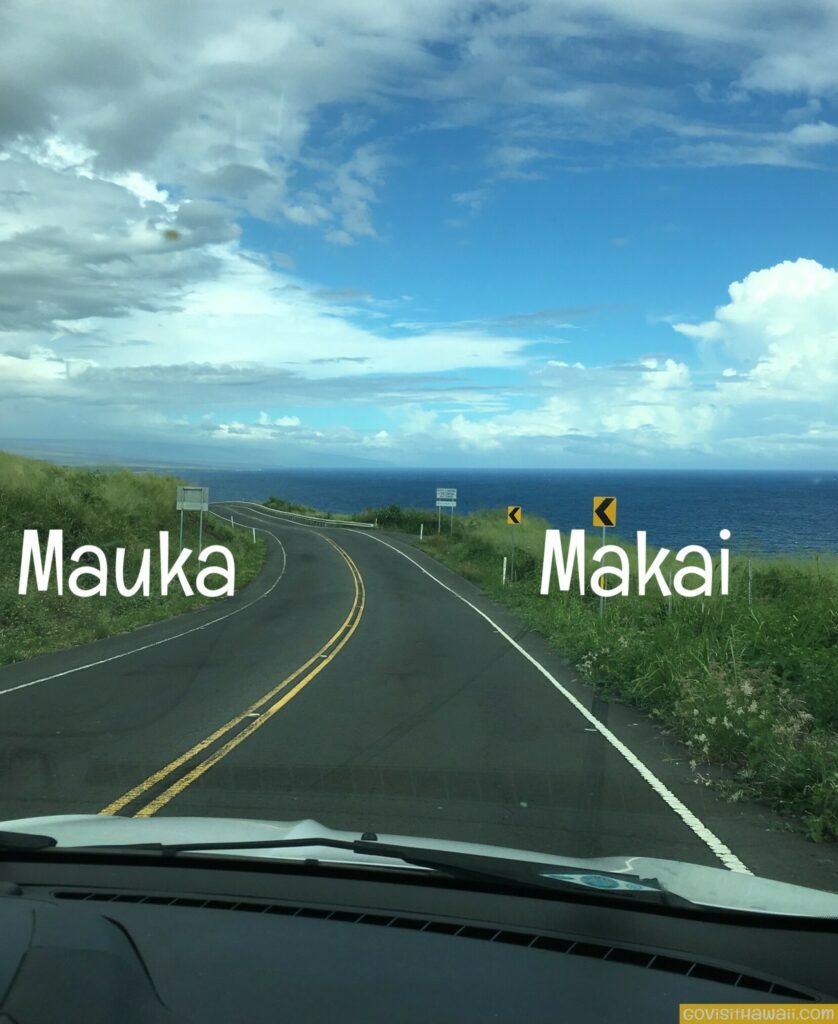
When you’re visiting Hawaii, you’ll likely hear those two terms to provide directions. Once you get the hang of it, these words will definitely make sense. I think these words are actually more descriptive than left and right especially since most of the main roads follow along the coastline.
When you understand these directions, you never have to worry about which direction from which you came. Whether you’re driving from the North or South or East or West, the makai side is always going to be on the ocean side side of the road. And the mauka side is always going to be towards the mountain side of the road.
Just as we read the above excerpt from the Maui article, you will likely discover that mauka and makai are used very frequently without a further description in Hawaii. So, now you’ll know when you go what these words mean and you’ll be navigating like a local.
Learn more Hawaiian words that are helpful for visitors to know.

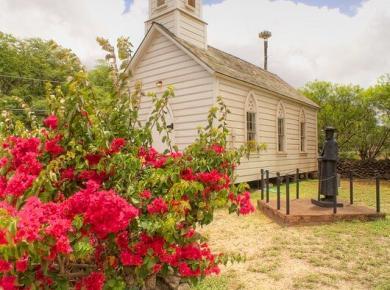
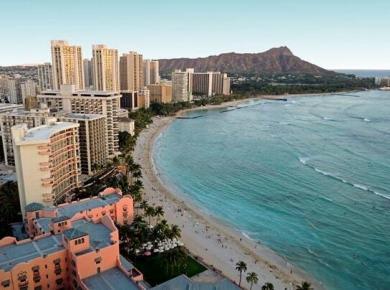
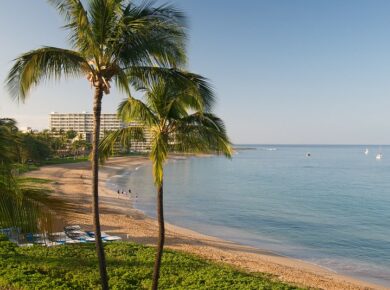
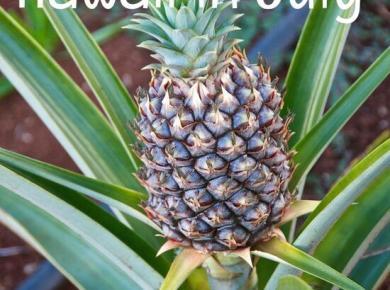
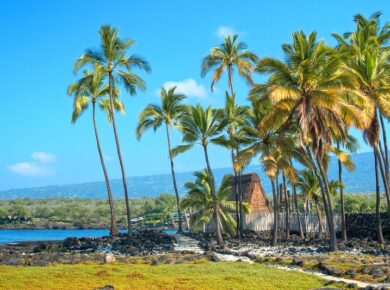
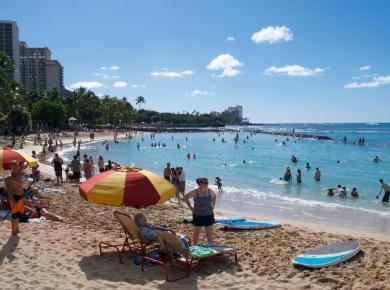
16 comments
To remember which is which, I always associate mow-kah with mow-ntain!
And it really is handy, along with Ewa (West) and Diamond Head (east).
Hi Tiabla – that’s a great way to remember mauka. Thanks for adding that tip.
The tip I use is remember mauka showers, the ones that sweep down off the mountains.
Now, if I can just keep my windward and my leeward straight, and all the boat directions from those whale watches we took, I’ll be set. 🙂
Hi Kris – oh, good memory trigger that incorporates the weather forecast, too.
As for windward and leeward, the way I remember those is that the wind blows in the cool, moist air which creates the showers on the green windward side.
I’m totally lost on the boat directions. Why can’t they say back, front, right and left? 😉
having boat directions like port & starboard is just as valuable as mauka & makai. it doesn’t matter where on the boat (island) you are, and which direction you are facing or coming from. on the left could be the starboard side of the boat if you were facing aft. so port is always the same no matter where you are. if someone says “kelp on port”, there is no mistaking where the boat needs to change direction to vs “Kelp on the left” whose left? the skipper’s or the person facing back towards the stern? by the time the matter is clarified, you have run it over, there’s kelp caught on the prop and you’re dead in the water! – this way – there is no doubt. just as mauka will always be towards the mountain no matter which direction you are coming from, of where the curvy road is is relation to your destination. its consistant.
I’ll never forget the weather forecasts every night “…and mauka showers”.
Ah, you know you’re in Hawaii when you hear that forecast. It’s almost like music to the ears. 🙂 Thanks for your first time comment, nick.
How come u no talk da kine seestah?
Seriously, Mahalo Sheila. I miss it there-I’ve traveled the world over (Navy Vet) and Hawaii is still my most favorite….
Aloha.
Aloha Nik
Thank you for your service!
Hawaii really is such a special place, isn’t it!?
I have a long, long way to go before I can speak pidgin! 🙂
>Hawaii really is such a special place, isn’t it!?
In my estimation God created Hawaii and then everything else….
>I have a long, long way to go before I can speak pidgin!
::laughing:: I was lucky to have picked it up so quickly-the locals really responded–I had invites to homes out in Waianae (where haoles normally should not go-esp at night!) and I found these people to be most hospitable–I’ve never found more gracious hosts than Hawaiians. These people live and breathe Aloha every day–no wonder I can’t wait to return….
Aloha.
I like your idea that God made Hawaii first. I’ve said something somewhat similar. I say that I think God must have had so much fun creating Hawaii. 🙂
When’s your next trip back to the Aloha State?
Nothing definite for now–but at some point I want to do like Gauguin did when he split for Tahiti i.e., a permanent move 😉 One can dream right?
I have a son who has been at U of H for 10 years, now working on a PhD. While i am not a native or even frequent traveler to the most beautiful place on earth, I think of u for uphill when I think of mauka, and of course that leaves the other way for makai.
That’s a useful memory jogger, thanks.
Oh, I miss it! Left in 2017, family issues. I need to get back, my aloha spirit is waning. I love the Hawaiian people!
I have lived on the Big Island for 20 years and have some helpful ways to remember Mauka and Makai (and this might help as you’re learning other Hawaiian words).
Mauka starts with “mau” with the same first three letters as in Mauna Kea and Mauna Loa (the names of two of our mountains on the Big Island). “Mauna” means mountain, and one of the meanings of “mau” is steady, constant (very mountain-like!).
Makai has “kai” in it and one of the meanings of “kai” is the sea. Now that I’ve mentioned it, you’ll start to notice other words with “kai” as a part of the word. With Google, you can find a Hawaiian dictionary to research any words that you’re curious about!
If you haven’t been to the Big Island yet, come visit. The variety of different types of land and climate zones and vegetation here is amazing. The Big Island is so big that all the rest of the Hawaiian Islands could fit inside of the landmass of the Big Island. We have climate zones that inckude desert, temperate, rainforest, alpine, etc. So much variety that it is worth seeing!